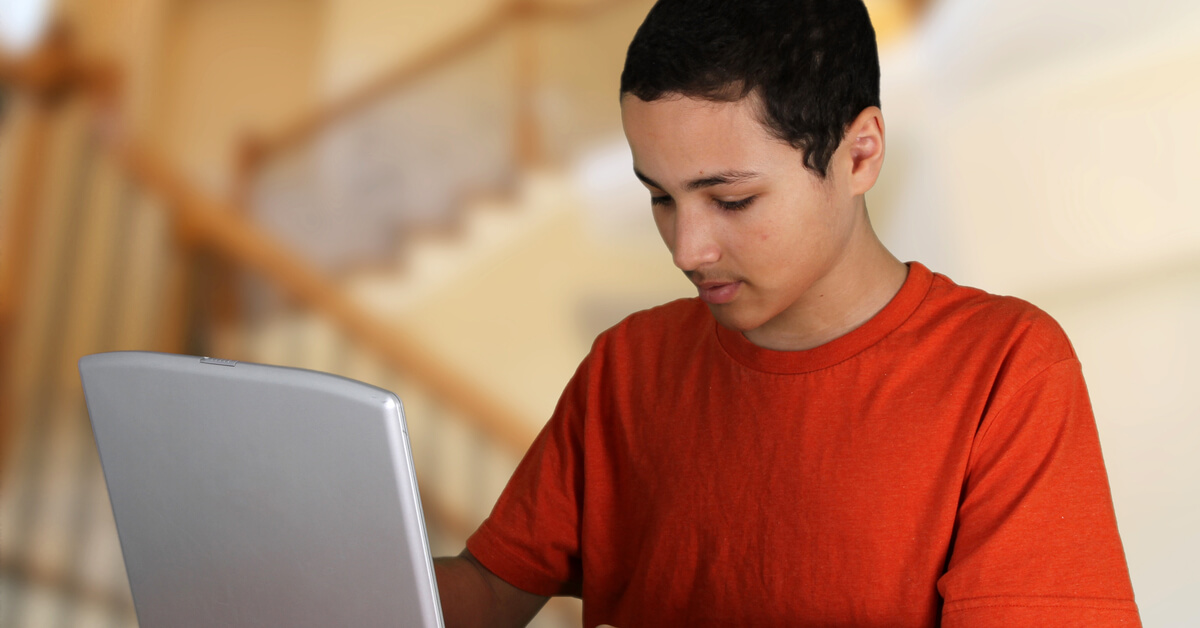Once again, the world is leaving schools behind.
A recent Microsoft study revealed an astonishing trend across 30 countries: Over 40% of the 30,000 people surveyed said they were thinking of resigning from their current jobs.
40%!
Why? Because as the last year and a half has taught us, many workers have more options than they thought they did. And, because by and large, they’re finding work to be boring and unfulfilling.
The World Economic Forum notes that the “world of work has been profoundly reshaped by the pandemic.” Specifically:
- Flexible work is here to stay
- Leaders are out of touch with employees and need a wake-up call
- High productivity is masking an exhausted workforce
- Gen Z is at risk and will need to be re-energized
- Shrinking networks are endangering innovation
- Authenticity will spur productivity and wellbeing
- Talent is everywhere in a hybrid world
Anyone surprised by this? We shouldn’t be. As with many other realities that were living just under the surface, the pandemic, racial and social justice issues, economic inequity, climate change and more are pushing them into the daylight.
And they’re disruptive.
In the context of schools, which is where I read…

